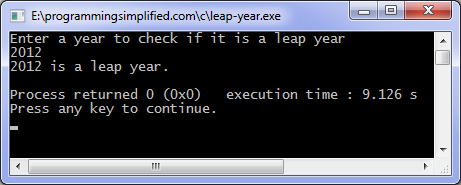|
Dev C++ Download Windows 10
- DEV-C for Windows contains all standard features necessary for creating, fixing, and executing programs written in C program languages. As C is an object-oriented expansion of C, it also supports earlier versions of the language.
- I have been assigned to write a program to print the calendar of a given year. Its almost complete, but, I haven't yet found a proper algorithm to find the first day of the year which is required by the function to print the calendar year. Will provide the code if necessary. Since we can't see.

Dev C++ Calendars
Print calendar for a given year in C. Prerequisite: Find day of the week for given date. Problem: To print the calendar of any given year. The program should be. Get notifications on updates for this project. Get the SourceForge newsletter. Get newsletters and notices that include site news, special offers and exclusive discounts about IT products & services.
/how-to-use-auto-tune-evo-graphic-mode.html. Mar 22, 2017 Tuning a vocal in ProTools with Auto-Tune 8.1 using graphic mode instead of auto mode. Tuning a vocal in Auto-Tune 8.1 Graphic Mode with ProTools 11.3 YouTube; How To Use AutoTune Like A Pro.